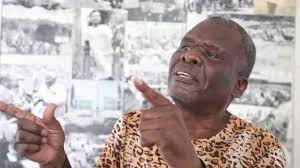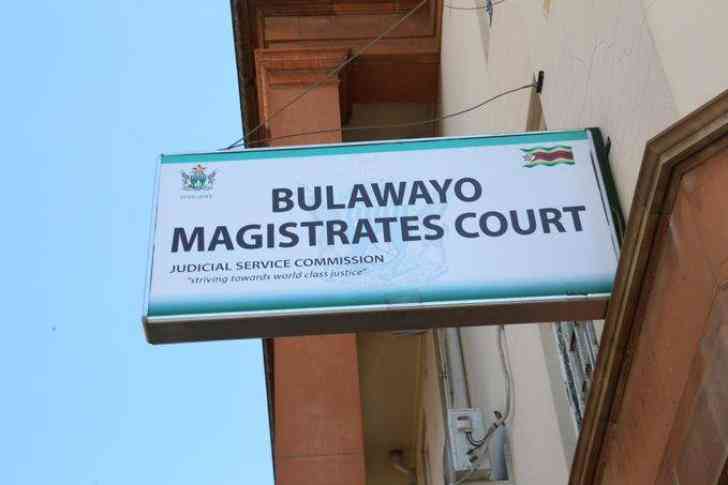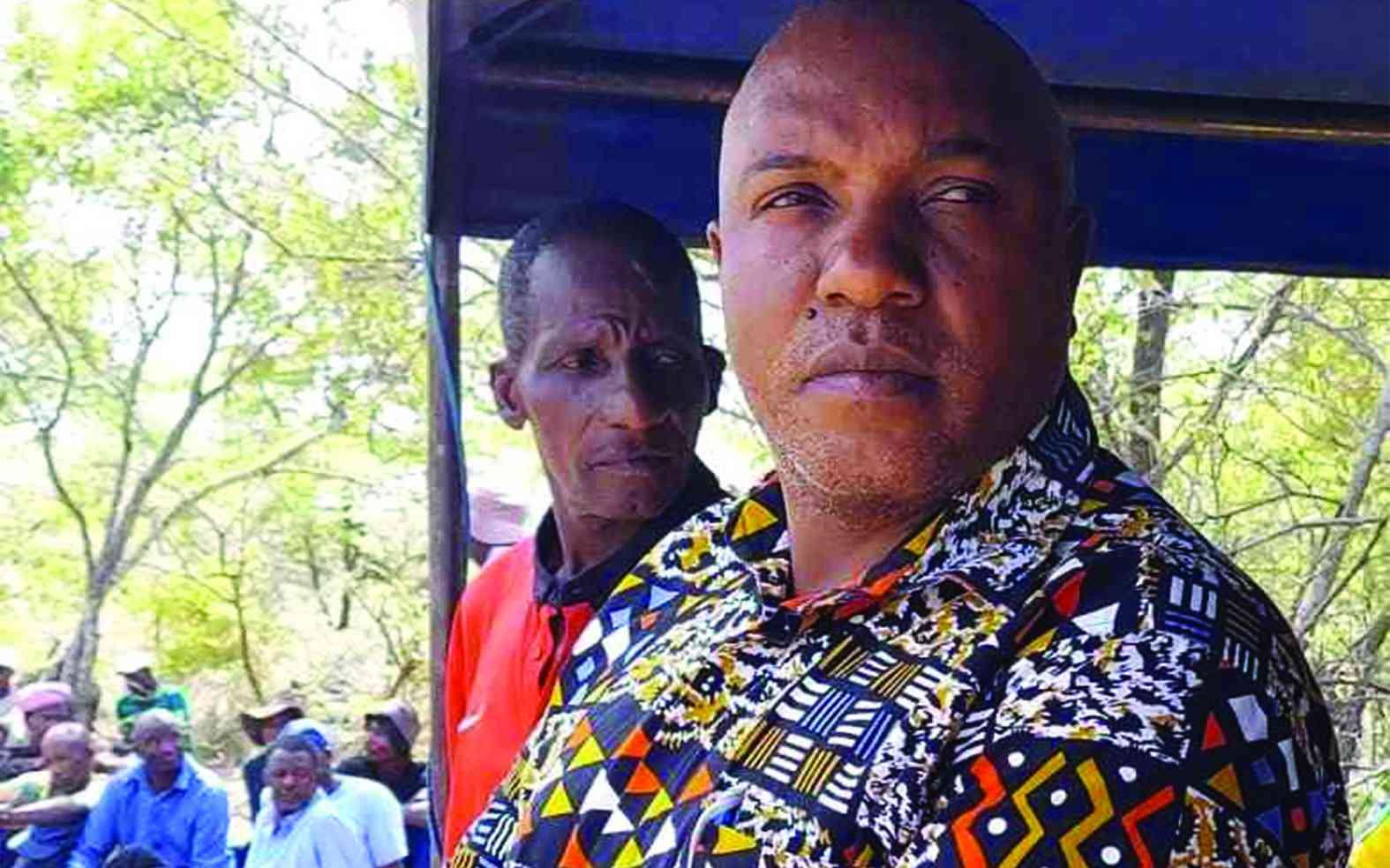
War veteran and former ZPRA regional zone commander, Andrew Ndlovu, has called for the adoption of a post-election policy to promote unity, accountability and peace in communities.
Ndlovu, who contested the 2023 general elections in Nkulumane Constituency under the Zapu ticket, said Zimbabwe’s post-election environment has for decades been marred by divisions and political intolerance, which continue to derail development.
“Since 1980, Zimbabwe’s elections have been characterised by political violence, disunity and fear,” Ndlovu said.
“Politicians have turned politics into a lottery to enrich themselves rather than serve the people who voted for them.”
He said that once elected into office, Members of Parliament and councillors should shed their party identities and represent everyone in their constituencies, regardless of political affiliation.
“When you win an election, you cease to be a party MP or councillor.
“You now wear the people’s jacket and must represent everyone equally,” he said.
Ndlovu pointed to Nkulumane as an example of how inclusive post-election structures can foster peace and collaboration.
- Corruption Watch: Get scared, 2023 is coming
- Corruption Watch: Get scared, 2023 is coming
- Letters: Ensuring Africa’s food security through availability of quality seeds
- Is military's involvement in politics compatible with democracy?
Keep Reading
Following the 2023 polls, Ndlovu and other community leaders convened the Nkulumane Constituency Indaba, which brought together people from across the political divide including members of Zanu PF and the opposition.
From that meeting, several community clusters were formed to represent groups such as youths, women, war veterans, churches, people with disabilities, the business community, and school heads.
These clusters came together to form the Nkulumane Constituency Development Committee, chaired by Ndlovu (Zapu), alongside the late opposition legislator Desire Moyo as chair of the Constituency Development Fund, and Pastor Muchengeti leading the compassion committee.
“This inclusive arrangement brought unity, love, peace and tranquility within Nkulumane,” Ndlovu said.
“No political regalia or slogans were allowed in our meetings. The focus was purely on development and service delivery.”
Ndlovu is now appealing to Parliament to adopt a similar framework to strengthen accountability and promote unity across constituencies.
“Once we build such structures throughout the country, there will be no reason for political violence,” he said.
“Development should never be partisan. It belongs to everyone.”
He said the Nkulumane model can serve as a reference point for legislators seeking to create inclusive community development structures that transcend political lines.
“This plan should guide all elected representatives to prioritise the people over party politics,” Ndlovu added.









